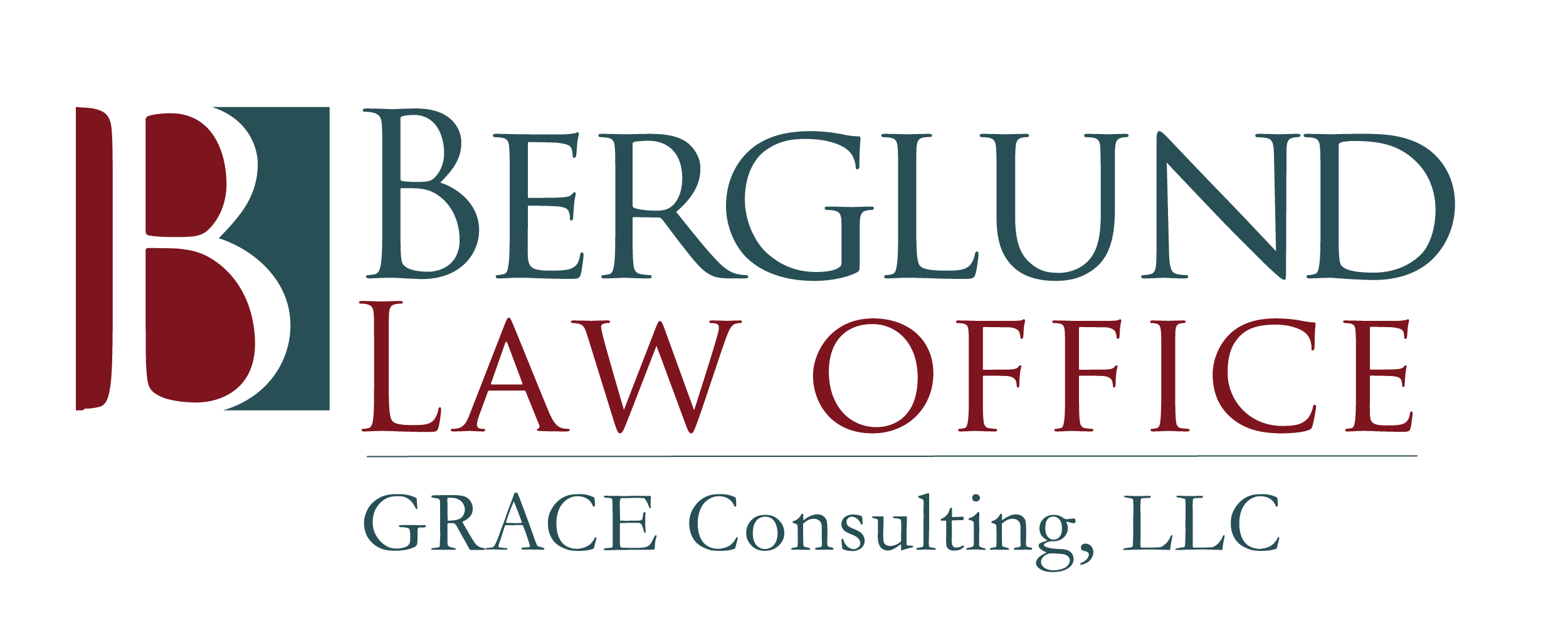
Prior to the enactment of Minnesota’s “trust busting” statute (Minnesota Statutes section 501B.895, the predecessor to Minnesota Statutes section 501C.1206), the second type of trust commonly used to help with Medicaid planning was called a “Family Discretionary Trust” (“FDT”) or a “Medicaid Discretionary Trust”. With an FDT, the grantor (you) had absolutely no rights to any distributions from the trust whatsoever. The trustee, however, had discretion to make distributions to your beneficiaries during your life. Upon your death, the trust assets could be distributed to your beneficiaries as determined in your trust document. As with the “income only” trust described earlier, you cannot be your own trustee. If the trust gives you “powers of appointment” it may have caused trust assets to be included in your taxable estate (and also a “step-up” in basis). Certain powers also may have triggered taxation on your trust assets.

Since the trust maker had no rights to the principal of either the “Family Income Trust” (“FIT” described in the previous article) or the FDT described immediately above, the assets of neither of these trusts should have been “countable resources” for individuals who applied for Medicaid prior to the enactment of Minnesota’s “trust busting” statute (Minnesota Statutes section 501B.895). If either one of these trusts was created and funded at least five years before the trust maker’s application for Medicaid benefits, the transfers into these trusts did need not be reported. In addition, there was no “penalty period” applicable to transfers of your assets into these trusts. The INCOME from the “Family Income Trust” (“FIT”) which was paid to you, on the other hand, was deemed to be a “countable” asset. Retaining an income stream may have provided financial security before a trust maker needed long term care and Medicaid benefits, but with a FIT the income might be lost in some states. In other states, a FIT may make it more difficult for you to qualify for Medicaid due to income limits.

In either case, it was important that the trust maker and his/her trustee were careful to treat the trust as a separate entity, and carefully follow the explicit terms of the trust. As long as his was done, these trusts were a great way to preserve your assets for your children or other beneficiaries and still qualify for Medicaid in the time before the enactment of Minnesota’s “trust busting” statute (Minnesota Statutes section 501B.895).
